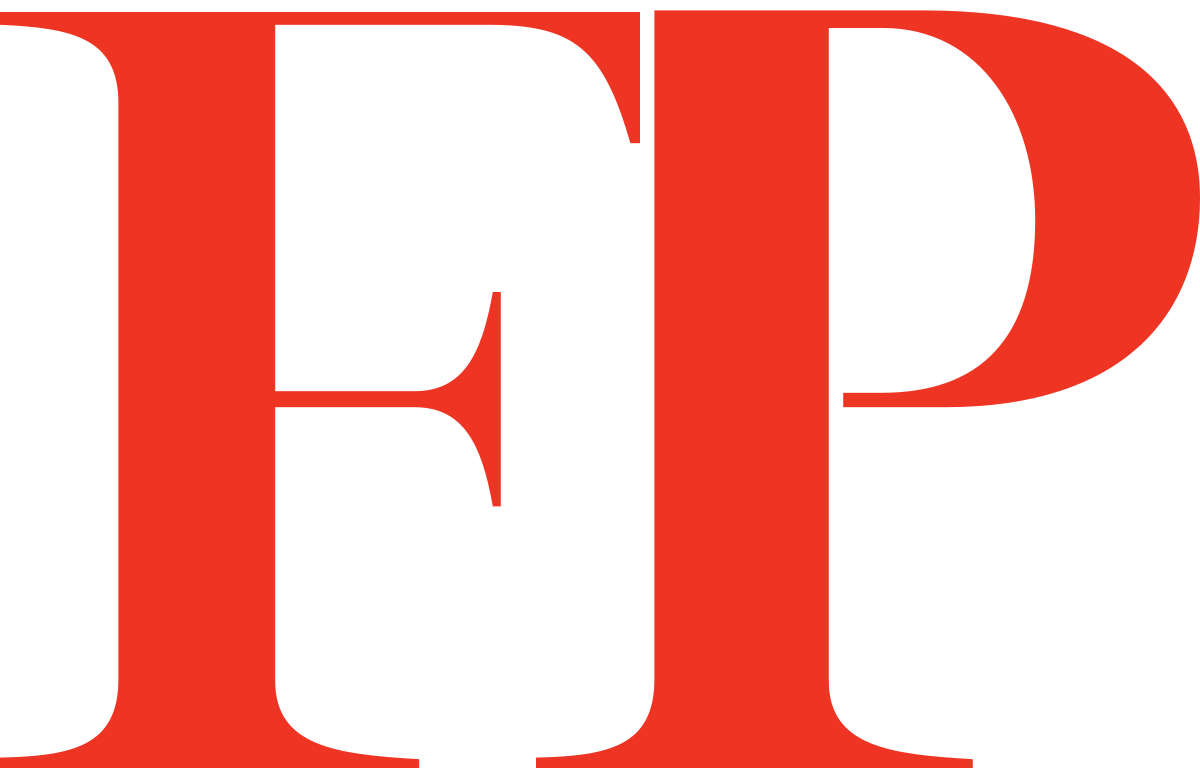After his key role in the run-up to France’s intervention in Libya, Bernard-Henri “BHL” Levy, can probably safely claim to be the world’s most powerful philosopher:
Lévy took up the Libyan cause in earnest after meeting Mustafa Abdul Jalil, former Libyan justice minister and leader of the opposition’s National Transition Council (NTC). He traveled to Libya March 4 wearing his journalist’s hat – he’s on the board of the progressive French daily Libération. During the interview, Lévy asked Mr. Abdul Jalil if the NTC would come to Paris. That night he phoned Mr. Sarkozy: Will the president meet “the Libyan Massouds,” he reportedly asked, referencing Ahmad Shah Massoud, the former leader of Afghanistan’s Northern Alliance, who is revered in France. The president agreed.
“I called the president of my country from Benghazi to tell him, ‘There are people here, good people; these people hold the same values as we do, and they’re going to die to the last one if we allow Qaddafi to go on to the conclusion of his criminal logic. Would you accept to receive them in Paris and thus send a strong signal to the butcher?’ Nicolas Sarkozy immediately said yes,” Lévy said in an interview with Global Viewpoint Network.
Several days later, three NTC members arrived at the Élysée for a meeting with Lévy, Sarkozy, chief foreign policy adviser Jean-David Levitte, and speech writer Henri Guaino. Soon thereafter, Sarkozy recognized the NTC as the legitimate government of Libya.
At 2 p.m. on March 17, Sarkozy called Lévy to say he had “made his decision,” reported Le Figaro, a full-scale push for the no-fly zone. Later that day, the Security Council approved Resolution 1973, which called for protecting Libyan civilians by “all necessary means” short of foreign occupation.
I was going to write some kind of quip along the lines of, “Can you imagine President Obama taking phone calls from [American philosopher] in the oval office while he debates whether to send U.S. troops to war,” but I can’t even think of a name for whom that joke would make sense.
France and Germany have a tradition of publicly engaged philosophers that’s pretty much alien to the United States. The idea of an American BHL or even Jurgen Habermas seems pretty laughable. Economists like Paul Krugman are the go-to public intellectuals here while philosophy has become an increasingly specialized and technical discipline, even within academia. What effect the prominence of philosophers in public life has on a country’s political culture and policies is a pretty promising subject for further research.

Official social networks